Virginia Construction Contracts Overview
- Private Jobs
- Public Jobs
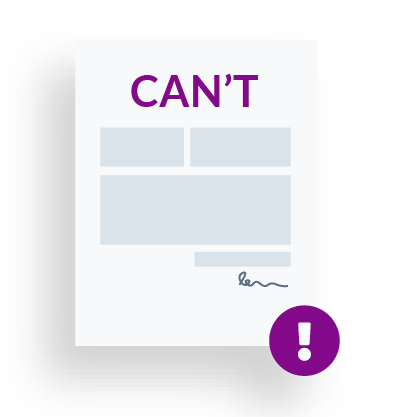
Lien Rights Can't Be Waived by Contract
Virginia statutes specifically prohibit the ability to waive lien rights by contract.
Pay-If-Paid Enforceable
Yes, pay-if-paid clauses are enforceable in Virginia as long as they clearly and unambiguously set a condition precedent to the general contractor’s obligation to pay.
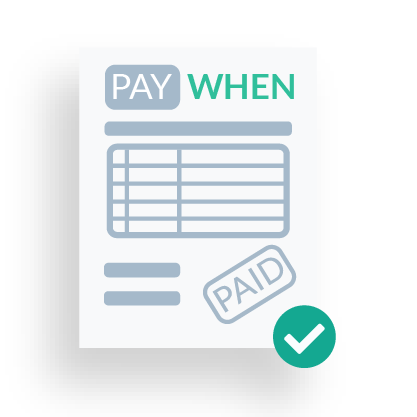
Pay-When-Paid Enforceable
Yes, pay-when-paid clauses are enforceable in Virginia, but they are treated as setting a reasonable time for when payment is to be made. The underlying obligation to pay still remains, regardless of whether the property owner has paid or not.
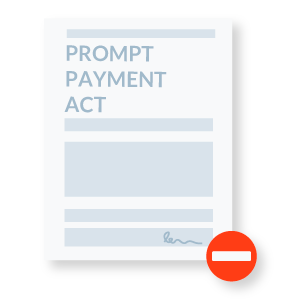
Payment Timing Mostly Unregulated
Virginia does not have prompt payment provisions for private projects. The timing of payments will be governed by the contract.
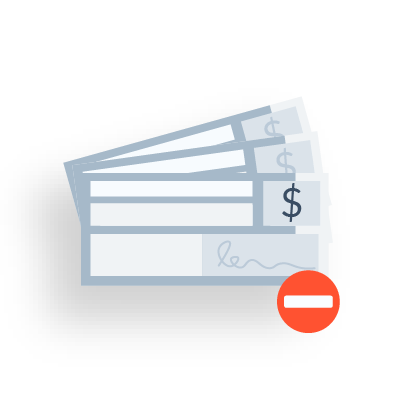
Retainage Mostly Unregulated
Virginia law doesn’t regulate the amount of retainage that can be withheld on a private project. Therefore, the terms of the contract will apply.
Pay-If-Paid Enforceable
Yes, pay-if-paid clauses are enforceable in Virginia as long as they clearly and unambiguously set a condition precedent to the general contractor’s obligation to pay.

Pay-When-Paid Enforceable
Yes, pay-when-paid clauses are enforceable in Virginia, but they are treated as setting a reasonable time for when payment is to be made. The underlying obligation to pay still remains, regardless of whether the public entity has paid or not.
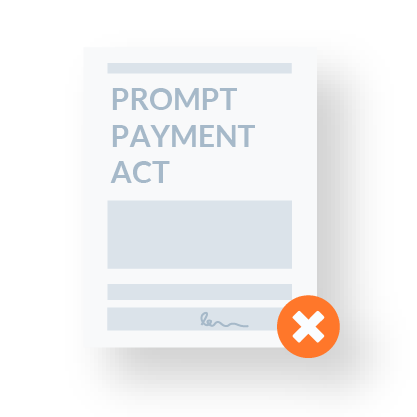
Payment Timing May Not Be Modified
No, the prompt payment requirements for both state and local government construction projects in Virginia must be made according to the prompt pay schedule.
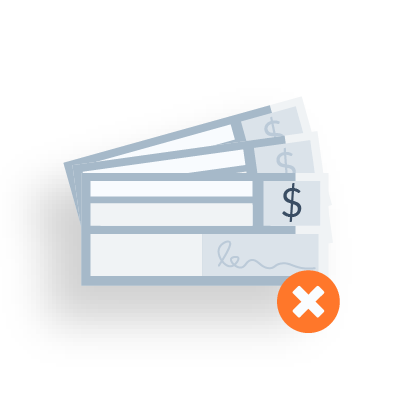
Retainage May Not Be Modified
Retainage on public projects is capped at 5% of each progress payment, and cannot be increased by the terms of the contract.
A construction contract outlines each party’s obligations, rights, and remedies on a project. But although the language in specific contract clauses is typically negotiable, Virginia has certain rules that govern what the agreement must include — and what is prohibited.
Keep in mind that, while Virginia’s rules for construction contract terms are written into state law, the courts determine how strictly those laws should be interpreted — and those interpretations can change.
On this page, you’ll find resources, legal information, and answers to frequently asked questions about Virginia’s construction contract and payment terms requirements.
Virginia construction contract provisions
While Virginia generally allows construction parties to set the terms of their agreement, there are some laws that regulate specific types of contract provisions. Any contract clause that contradicts the law is invalid and unenforceable.
“No lien” clauses
Virginia’s approach to no-lien clauses, (i.e. contract clauses that purport to waive or diminish the party’s lien rights) are strictly prohibited by Virginia law and will be declared null and void.
Contingent payment clauses
There are two types of contingent payment clauses: pay-if-paid and pay-when-paid, both of which are enforceable under Virginia law. In order to effectively shift the risk of nonpayment to a subcontractor, the clause must clearly and unambiguously express the intent of the parties to create a condition precedent to payment. If the clause lacks such a clear and unambiguous intent, it will be deemed a pay-when-paid clause, which merely sets a reasonable time for payment.
Payment timing clauses
Virginia’s prompt payment laws do not apply to private construction projects. Therefore, the parties can agree to any payment schedule they choose.
However, on public works projects, the timing of payments is strictly regulated. The timing of payments by the public entity to the general contractor depends on the entity who awarded the contract. On State projects, payments must be made within 30 days of receipt of an invoice, while on local government projects the payment deadline is extended to 45 days. All other payments to subcontractors and suppliers must be made within 7 days of receipt of payment from the higher-tiered party. These payment deadlines cannot be modified by contract.
Retainage limits
Similar to Virginia’s prompt payment laws, there are no specific statutes governing retainage practices on private construction projects. So the amount that can be withheld and the timing of its release will be governed by the terms of the contract between the parties.
As for public works projects, retainage is capped at no more than 5% of each progress payment, until the project is complete. The amount of retainage withheld cannot be increased by under the terms of the contract or subcontract.
Virginia construction contract requirements
Virginia doesn’t have any specific, statutory requirements for construction contracts. Generally, there are always certain provisions that should be included in a contract, such as a price, schedule, the scope of work, etc.
• See: A Guide to Common Construction Contract Parts
If, however, the project involves a residential property, there are certain pieces of information that must be included in the contract pursuant to 18 VAC 50-22. This includes provisions regarding estimated start and completion dates, the total contract price, the schedule of progress payments, the contractor’s license number, and more.

